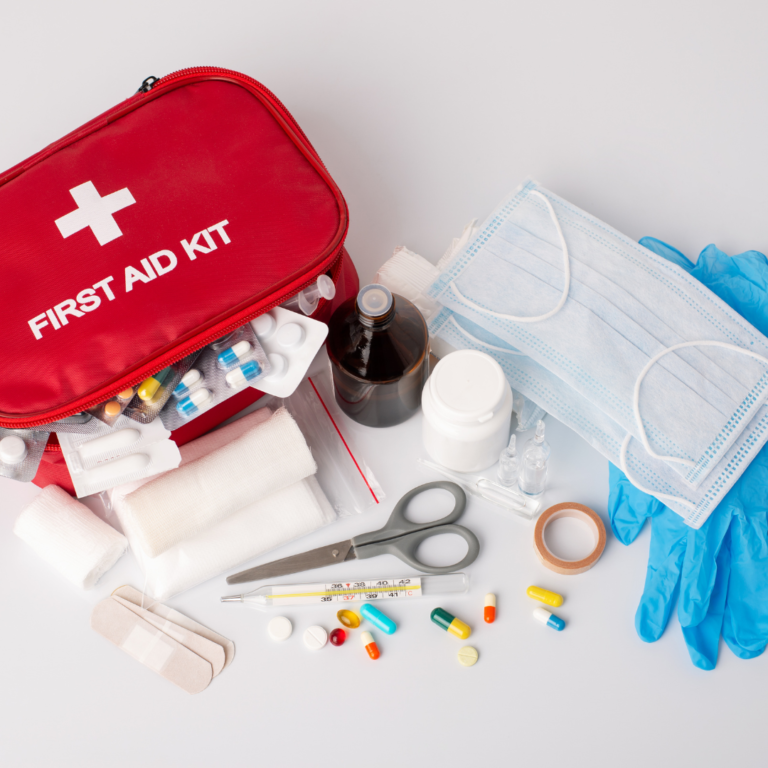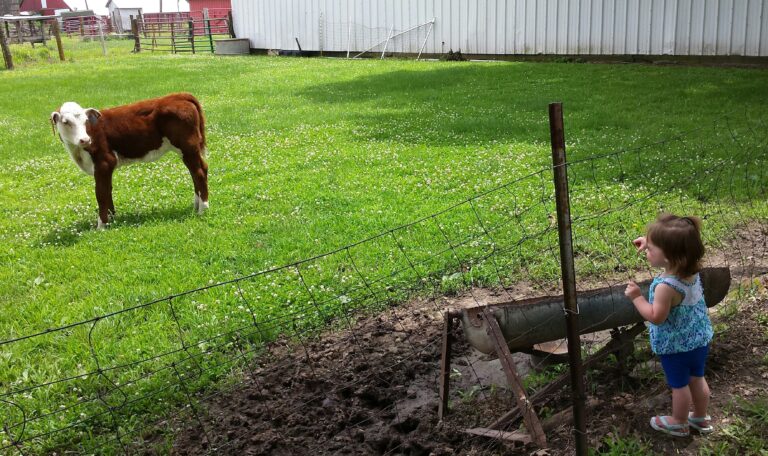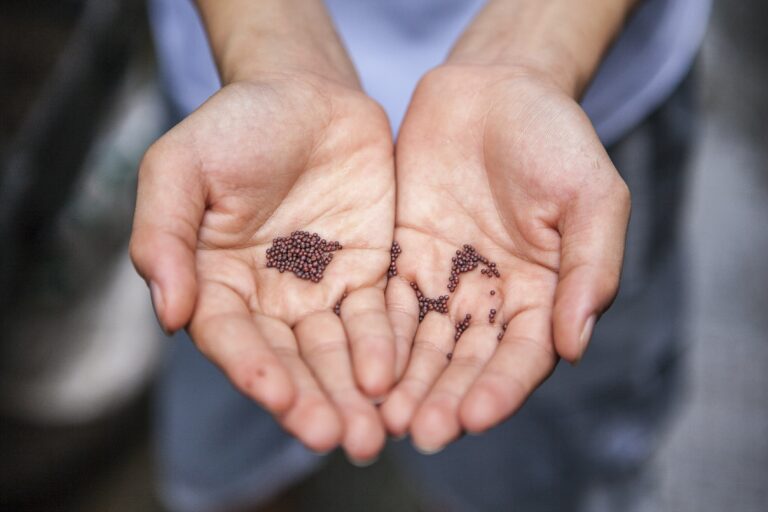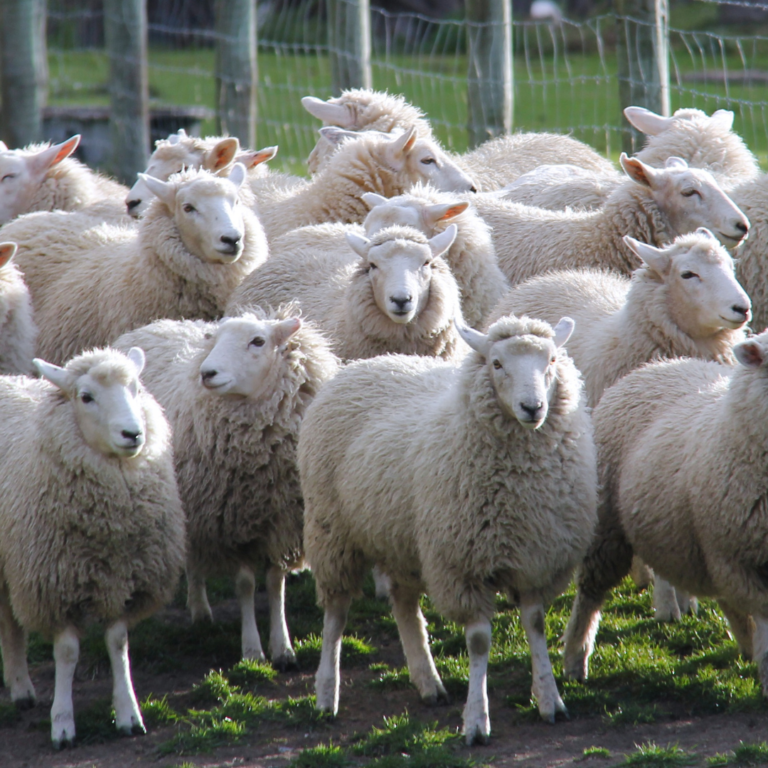When to Fertilize Your Garden
This post may contain affiliate links. Read the full disclosure here.
Fertilizing your garden is important to ensure that your plants are getting the nutrients they need to grow healthy and strong. There are a few things you should keep in mind when fertilizing your garden like when to fertilize your garden and how.
In this article, we will give you a few tips on how to fertilize your garden.
Benefits of Fertilizing Your Garden
There are many benefits of fertilizing your garden. Some of the benefits include:
- Fertilizing helps to ensure that your plants are getting the nutrients they need to grow.
- It can help to increase the yield of your plants.
- Fertilizing can help to improve the quality of your plants.
- Fertilizing can help to protect your plants from pests and diseases.
What’s In Fertilizer?
Fertilizers are made up of three main nutrients: nitrogen, phosphorus, and potassium.
- Nitrogen is important for the growth of leaves and helps to produce green, lush foliage.
- Phosphorus is important for the growth of roots and flowers.
- Potassium is important for the overall health of your plants. It aids the movement of water and nutrients in the plant, and helps to produce strong stems and resistance to disease.
Understanding NPK Values
NPK values are the percentage of each nutrient that is present in fertilizer. NPK values are typically listed on the front of fertilizer bags. The NPK value is an important consideration when choosing fertilizer for your plants.
The three numbers represent the percentage of nitrogen, phosphorus, and potassium in the fertilizer.
For example, a fertilizer with an NPK value of 10-10-10 contains 10% nitrogen, 10% phosphorus, and 10% potassium.
Choosing the Right Fertilizer for Your Garden
The type of fertilizer you use will depend on the type of plants you are growing and a few other considerations, such as the time of year and your soil quality.
- If you are growing vegetables, you will want to use a fertilizer with higher nitrogen content. Nitrogen will help your plants produce larger vegetables.
- If you are growing flowers, you will want to use a fertilizer that’s higher in phosphorus and lower in nitrogen. Phosphorus will help your plants produce more flowers. Lower nitrogen is important to prevent your flower plants from becoming too leafy.
- For a general use fertilizer, you can use a fertilizer with an NPK value of 10-10-10. This type of fertilizer is good for most plants and can be used throughout the growing season.
- If you are growing fruit trees, you will want to use a fertilizer with a higher potassium content.
Making Your Own Fertilizer
You can also make your own fertilizer at home.
Compost is an excellent source of nutrients for your plants. It’s rich in nitrogen, phosphorus, and potassium. It’s not as high in nutrients as commercial fertilizer, but it’s a great way to add organic matter to your soil. You can use compost liberally throughout your garden.
Fish emulsion is another good option for fertilizing your garden. It’s made from fish waste and is high in nitrogen. You can use fish emulsion as a foliar spray or add it to your compost pile.
Banana peels are a good source of potassium. You can add banana peels to your compost pile or bury them in the soil around your plants. You can also make banana peel tea and use it to water your plants. Many gardeners swear by using banana peels for well-producing tomato plants.
Coffee grounds are a good source of nitrogen. You can add coffee grounds to your compost pile or mix them into the soil around your plants.
Eggshells are a good source of calcium. You can add eggshells to your compost pile or crush them and sprinkle them around your plants. Egg
You can also make manure tea. Manure tea is made by steeping manure in water for a few days. The water will absorb the nutrients from the manure, and you can then use it to water your plants.
How to Apply Fertilizer
There are a few different ways to apply fertilizer to your garden.
- You can apply fertilizer to the soil around your plants.
- You can also add fertilizer to your compost pile or compost bin.
- Another option is to foliar feed your plants. This means that you apply the fertilizer directly to the leaves of your plants.
It’s very important to follow the directions on the fertilizer label. Applying too much fertilizer can damage your plants. Some fertilizers are also only appropriate for certain applications – they might work well for applying to the soil but not directly to the leaves, for example.
When to Fertilize Your Garden
The right time to fertilize your garden will depend on the type of fertilizer you are using.
If you are using compost or compost tea, you can apply it any time of year. Working compost into the soil as you’re tilling your garden before planting is a great way to add nutrients to your soil.
If you’re using a chemical fertilizer, an application during planting is probably all you need. Another application later in the season might be okay too – be sure to follow the manufacturer’s instructions.
Additional Tips for Fertilizing Your Garden
- Don’t overfertilize
- Be careful of fertilizer burn
- Do a soil test before fertilizing
- Use organic fertilizer if possible
- Fertilize during the growing season
- Follow the manufacturer’s directions
Fertilizing your garden is one of the most important things you can do to help your plants grow healthy and strong. It also keeps your soil healthy and can help your plants to resist pests and diseases. With a little planning, you can make sure that your garden gets the nutrients it needs to thrive.
Frequently Asked Questions
Can I use Miracle-Gro on my garden?
While Miracle-Gro is safe for most plants, it’s always a good idea to read the label carefully to make sure it’s appropriate for your plants. Overfertilizing can damage your plants.
Is it better to use organic or chemical fertilizer?
There are benefits to both organic and chemical fertilizer. Organic fertilizer is less likely to damage your plants, but it might not be as effective as chemical fertilizer. Chemical fertilizer can be more effective, but it’s important to be careful not to overfertilize.
Do I need to fertilize my garden every year?
It depends on your soil quality. If you have good, rich soil, you might not need to fertilize every year. If your soil is poor quality or has been depleted by repeated plantings, you’ll probably need to fertilize more often.
How do I know how much fertilizer to use?
The best way to figure out how much fertilizer to use is to do a soil test. This will tell you what nutrients are lacking in your soil. You can then use that information to choose the fertilizer that’s right for your garden.
I’ve heard that using too much fertilizer can be bad for the environment. Is this true?
It is true that overfertilizing can be bad for the environment. When fertilizer runoff enters waterways, it can cause algae blooms that can deplete oxygen levels and harm aquatic life. It can also lead to nitrate contamination of drinking water. However, if you use fertilizer according to the manufacturer’s directions, this shouldn’t be a problem.
We hope these tips on how to fertilize your garden have been helpful. As you can see, there’s a lot to consider when it comes to fertilizing your garden. But with a little planning, you can make sure that your garden gets the nutrients it needs to thrive. Happy gardening!
Photo by Erda Estremera on Unsplash
See our Airstream Remodel Reveal here!







